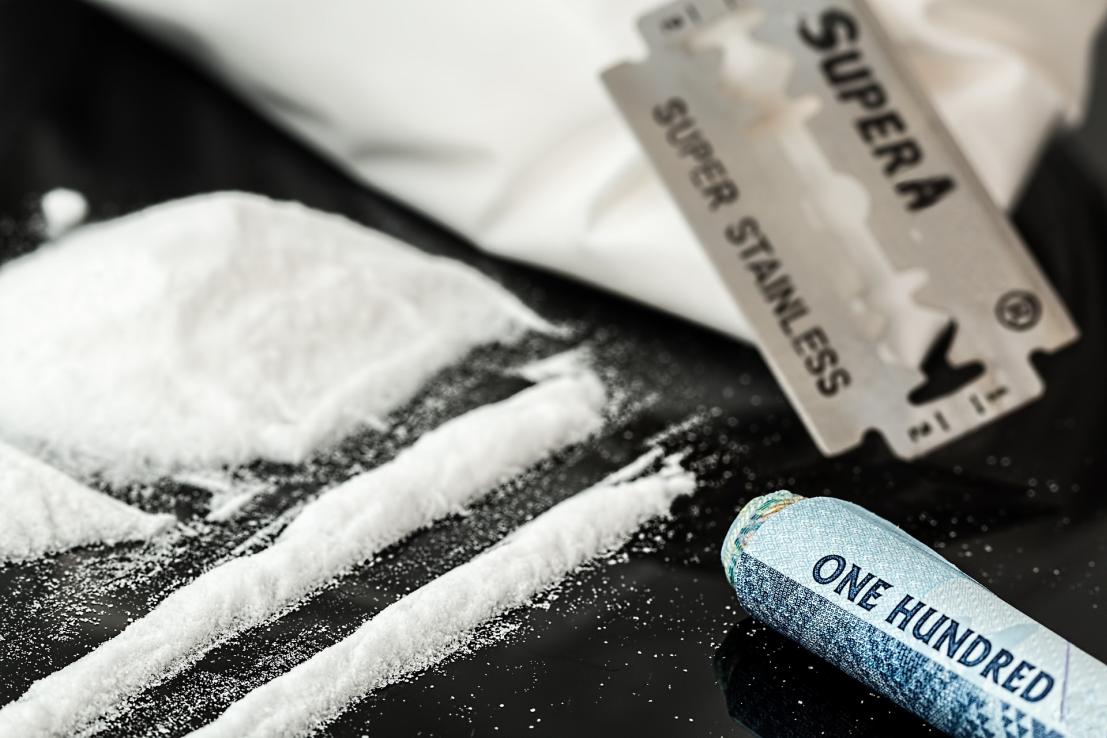Is a Habit the Same as an Addiction?
Would you consider a habit and an addiction to be the same thing? It’s a question that’s often asked and the answer isn’t as clear cut as you might think.
Let’s take a closer look at habits and addictions, and see if we can answer this question once and for all.
What’s the Difference Between a Habit and an Addiction?
A habit is something that you do repeatedly, often without even thinking about it. For example, brushing your teeth before you go to bed or checking your phone first thing in the morning. Habits can be good or bad, and they’re a normal part of everyday life.
An addiction, on the other hand, is a compulsive behavior that you have little or no control over. It’s something that you feel the need to do, even if it’s harmful to your health, relationships, or finances. Addictions can take many forms, such as drug or alcohol abuse, gambling, or overeating.
So, the main difference between a habit and an addiction is the level of control you have over it. A habit is something you can stop or change relatively easily, while an addiction is something that requires more intensive treatment and support.
How Do You Know If a Habit is Bad?
Not all habits are bad, of course. Some habits, like exercising regularly or eating a healthy breakfast, are actually good for you. But how do you know if a habit is bad? Here are some signs to look out for:
- It’s harmful to your health or wellbeing. For example, smoking or overeating.
- It’s affecting your relationships or work. For example, spending too much time on social media instead of doing your job.
- You’re doing it even when you don’t want to. For example, drinking too much alcohol even though you know it’s not good for you.
If you recognize any of these signs in your own behavior, it’s worth taking a closer look at your habits and seeing if there are any changes you can make.
How Do I Stop Bad Habits and Addictions?
Stopping bad habits and addictions can be challenging, but it’s not impossible. Here are some tips to help you get started:
- Identify your triggers: What causes you to engage in the behavior in the first place? Understanding your triggers can help you avoid them or find alternative coping strategies.
- Set achievable goals: Start small and work your way up. For example, if you want to quit smoking, try cutting back gradually before quitting altogether.
- Seek support: Whether it’s from friends, family, or a support group, having a support system can make all the difference in overcoming bad habits and addictions.
- Practice mindfulness: Mindfulness can help you become more aware of your thoughts and feelings, and help you develop new, healthier habits.
- Consider hypnotherapy: Hypnotherapy can be a powerful tool for breaking bad habits and addictions by helping you access your subconscious mind and change your thought patterns.
While habits and addictions share some similarities, they are not the same thing. Understanding the difference can help you take steps to overcome bad habits and addictions and improve your overall wellbeing. So, take control of your habits and live your best life.
Book Your FREE 30 Minute Consultation With Release Hypnosis NOW!
You may also like to read:
How to Change Your Habits: Tips from a Clinical Hypnotherapist
How ACT Can Help With Addiction Issues
Urge Surfing and How Can it Help You Overcome Addiction
Unlock The Power Of Your Mind With a Hypnosis Audio Recording








